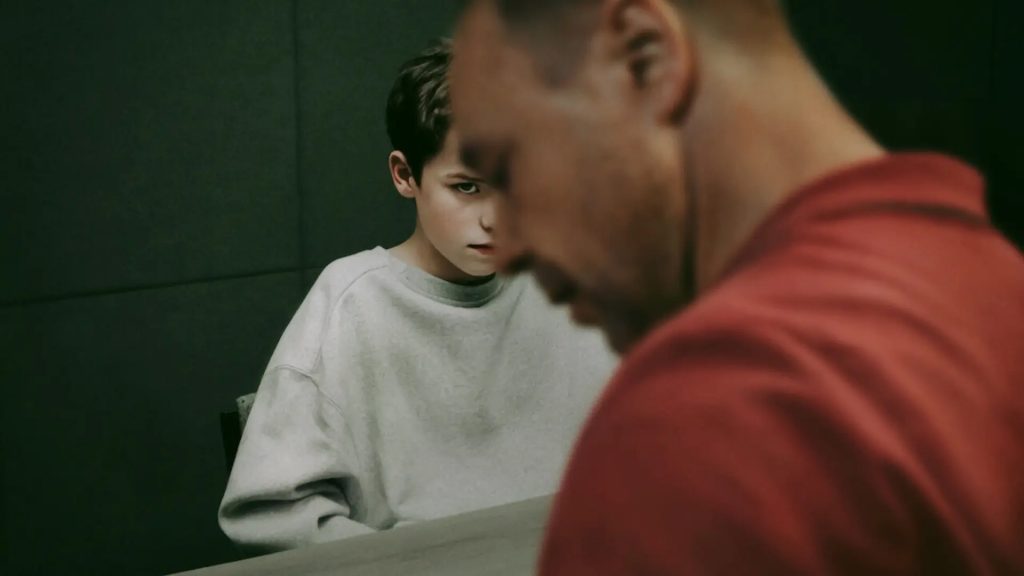This week, ahead of Marsha’s presentation on her work, she suggested we read Ethical Aesthetics /Aesthetic Ethics: The Case of Bakhtin by Prof. Dr. Sevda Çalışkan. The reading expanded on several lines of thought that have intrigued me for a while, so I wanted to record it here.
I’ve long been interested in ideas of personal responsibility. To what extent are we as humans the products of circumstance and to what extent can we be seen to be personally responsible for how we think, feel, act? There are so many forces beyond our control that shape who we are. The genetics we’re born with, the circumstances we’re born into, the treatment we receive as babies and children, our education, the norms and values imposed on us by society, the way other people view us and treat us because of all of this, etc. etc.
Most (all?) societies recognise personal responsibility as something we acquire during life. Legal systems establish that only at a certain age can we make decisions for ourselves. Only at a certain age are we fully responsible for our own actions. What is it that changes and when does this responsibility crystallise? These are thoughts that have been high in my mind since watching the Netflix series Adolescence, which is about a 13-year-old British boy who kills his female classmate. The series grapples not only with his personal responsibility but that of his parents and the other adults in his life, and that of a society that is allowing a new landscape of hateful misogynistic discourse to run rampant online.
The article by Çalışkan explored an interesting question that Russian philosopher and literary critic Bakhtin responded to – which she frames in relation to Kant’s ideas of the ‘universable’ act – around whether or not all humans would make the same choice, if presented with the same set of circumstances, and if they could magically have had all of the same life experiences. Bakhtin recognises that this magical ‘if’ is so thoroughly impossible that it’s rendered useless as a basis for human ethics. He argues that our power of cognition, combined with the uniqueness of every single human life – and of every single moment within that life – means that we and only we can be seen as responsible for our deeds. We are unrepeatable, inpenetrable beings.
“I occupy a place in a once-occurent Being that is unique and never repeatable, a place that cannot be taken by anyone else and is inpenetrable for anyone else.” – Bakhtin
I don’t disagree with this sense of uniqueness, but I wonder about this idea of cognition and how much control it actually bestows on us. Yes, we’re self-aware beings capable of conscious thought, but how much agency do we have over our conscious and unconscious thought processes? There are huge – and growing – industries built around helping human beings to develop greater control over their minds. We can’t all be said to have equal capacity to control our thoughts. And this is inevitably tied with issues of education, economic and health inequalities, and with trauma and neurodiversity. We have some agency over how much effort we put into controlling our reactionary minds. In fact, to me it feels increasingly like we’re experiencing growing societal pressure to take personal responsibility for increasing our cognitive capacity – by developing meditation and mindfulness practices to override our unhelpful instincts, going to therapy, diagnosing and medicating ourselves, consuming reflective content and explaining ourselves in public forums.
Adolescence doesn’t really answer the question of ‘why this boy’ – why was he the one who ended up a killer. They gave enough motivation to make it credible (the rhetoric he was exposed to; bullying; loving but angry dad), without making it seem inevitable. I was left with the terrifying impression that almost any young boy could become a killer, and that it’s a numbers game of when they will – when considered on mass, human behaviour is remarkably predictable in a way that can be seen to undermine ideas of personal responsibility. If under certain conditions an outcome – a particular human behaviour – becomes inevitable, can the individual who realises it be seen as responsible? Or does the responsibility lie elsewhere – distributed between all of us who create these conditions?

Leave a Reply